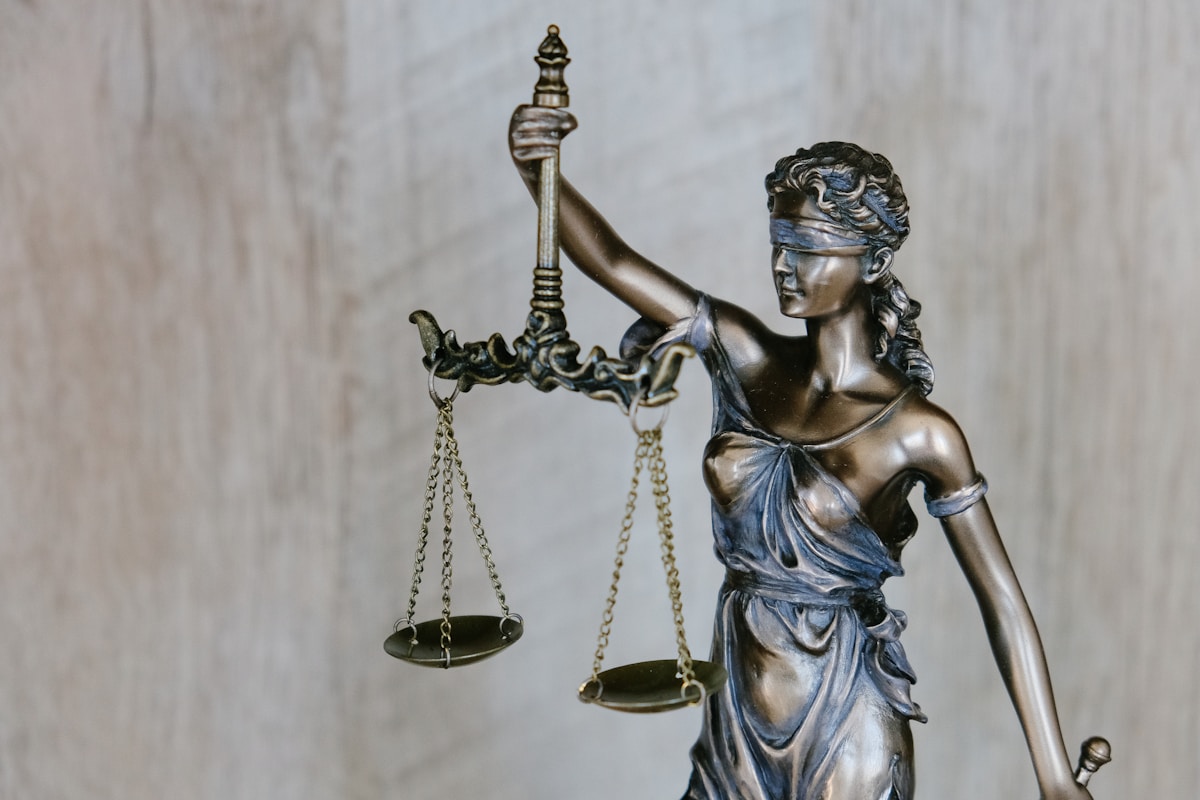Nintendo issued a rare public denial on October 5, 2025 after Satoshi Asano, a member of Japan’s House of Representatives, claimed on social media that Nintendo was lobbying the Japanese government regarding generative AI policy. Contrary to recent discussions on the internet, Nintendo has not had any contact with the Japanese government about generative AI, the company stated. The unprecedented formal response prompted Asano to retract his claim and publish an apology, writing I deeply regret my own failure to verify the facts adequately. Nintendo’s decision to break its typical no-comment policy highlights how seriously the company takes misinformation about its political activities.
What the Politician Originally Claimed
Satoshi Asano posted on social media Saturday that Nintendo was avoiding using generative AI to protect its IP and also engaging in lobbying activities with the government. The claim suggested Nintendo actively worked with Japanese officials to shape AI policy in ways that benefited the company’s intellectual property protection strategy. That framing positioned Nintendo as wielding corporate influence over government regulation, a serious allegation that would indicate the gaming giant using political channels to suppress technology it perceives as threatening.
The timing of Asano’s claim coincided with ongoing Japanese debates about generative AI regulation. Japan has taken a relatively permissive stance on AI development compared to European Union’s strict regulations, allowing AI companies to train models on copyrighted works without explicit permission under certain fair use interpretations. Nintendo’s aggressive intellectual property protection history made Asano’s claim feel plausible to those who follow the company’s legal battles against emulators, ROM sites, and fan projects.
Nintendo’s Unprecedented Response
Nintendo almost never issues formal public denials of rumors or claims. The company’s standard practice involves either ignoring speculation entirely or providing carefully worded non-answers through spokespeople. The decision to publish a direct, unambiguous denial represents how seriously Nintendo viewed Asano’s false claim about government lobbying. Whether generative AI is involved or not, we will continue to take necessary actions against infringement of our intellectual property rights, Nintendo added, clarifying that IP protection efforts don’t involve government lobbying.
The statement’s phrasing specifically targeted recent discussions on the internet, acknowledging that Asano’s claim had spread beyond his initial social media post. Once a member of Japan’s House of Representatives makes a claim, it gains credibility that typical internet rumors lack. Nintendo’s lawyers likely advised that allowing false allegations about government lobbying to remain unchallenged could create reputational damage or even invite actual regulatory scrutiny if authorities believed Nintendo was secretly influencing policy without proper disclosure.
Why This Matters More Than Typical Rumors
Corporate lobbying disclosure requirements in Japan and internationally mean that false claims about undisclosed lobbying activities carry serious implications. If Nintendo were genuinely lobbying Japanese government officials about AI policy without proper registration and disclosure, that could violate transparency regulations designed to prevent hidden corporate influence over legislation. By forcefully denying any government contact regarding generative AI, Nintendo protected itself from potential regulatory investigations that false lobbying allegations could trigger.
Additionally, Asano’s position as an elected official gave his claim undeserved authority. When politicians make statements about corporate activities, media outlets often report those claims as newsworthy regardless of verification. Nintendo recognized that remaining silent while a House of Representatives member spread misinformation could allow the false narrative to solidify into accepted truth through repetition. The immediate denial prevented that trajectory.
The Politician’s Apology
Following Nintendo’s denial, Satoshi Asano retracted his claim and published an apology. I deeply regret my own failure to verify the facts adequately, he wrote. The apology acknowledged that Asano made public statements about Nintendo’s activities without confirming whether those activities actually occurred. For an elected official whose responsibilities include legislative oversight, that failure to verify before publicly claiming corporate lobbying represents a significant credibility hit.
Asano didn’t explain where he heard the lobbying claims or why he believed them credible enough to share publicly. The lack of explanation leaves unanswered questions about whether he misinterpreted genuine information about Nintendo’s IP protection stance, received bad intelligence from sources with axes to grind against Nintendo, or simply repeated internet speculation without checking whether it had factual basis. Regardless of the source, the incident damages Asano’s reputation as a reliable voice on technology policy issues.
Nintendo’s Actual Stance on AI
While Nintendo denied lobbying the government about AI, the company has discussed its general technology philosophy publicly. Nintendo of America president Doug Bowser addressed AI in an interview published earlier in 2025 with CNBC. If we think about just technology in general to start with, as we look at technology we always want to make sure the technology we may be leveraging – whether it is to develop our games [or] in our devices – it’s going to create a better gameplay experience, Bowser explained.
That statement positions Nintendo as evaluating AI through the lens of gameplay improvement rather than cost reduction or efficiency maximization. The company’s philosophy prioritizes whether technology enhances player experiences, not whether it streamlines production. That approach differs from publishers embracing generative AI primarily to reduce art and writing budgets, suggesting Nintendo would only implement AI tools if they meaningfully improve games rather than just cutting costs.
The Generative AI Debate in Gaming
The use of generative AI has become a significant pressure point in the gaming industry. According to the latest GDC State of the Game Industry survey, nearly 50 percent of developers say generative AI tools are being used at their workplace, while 84 percent say they’re concerned about their use. Those statistics reveal deep ambivalence where AI adoption spreads rapidly despite overwhelming developer skepticism about the technology’s implications for creative work and job security.
Steam games disclosing the use of generative AI increased by 800 percent in 2025 according to analysis of games published through summer. That explosion reflects both growing AI tool accessibility and Steam’s requirement that developers disclose AI content usage. Critics argue that generative AI tools like Midjourney replace professional artists and use their work without permission for training data. Supporters contend that AI democratizes game development by allowing small teams and solo developers to create assets they couldn’t otherwise afford to commission.
Why Nintendo Stays Out of AI Discourse
Nintendo’s refusal to engage in public AI debates aligns with the company’s broader communication strategy. Nintendo rarely comments on industry trends, preferring to let their games speak for themselves rather than participating in culture war arguments about technology or social issues. While other publishers issue statements about AI ethics, NFTs, or metaverse strategies, Nintendo focuses marketing exclusively on gameplay experiences and franchise releases.
That approach protects Nintendo from the backlash that publishers like Ubisoft and EA face when embracing controversial technologies. By not publicly championing AI tools, Nintendo avoids alienating artists and players skeptical of generative models. By not publicly condemning AI, Nintendo preserves flexibility to implement beneficial tools without contradicting previous statements. The neutral silence serves Nintendo better than taking positions that age poorly as technology and public opinion evolve.
Nintendo’s IP Protection History
While Nintendo denied lobbying about AI, the company’s aggressive intellectual property protection efforts are well-documented. Nintendo routinely issues DMCA takedowns against ROM sites hosting old game files, shuts down fan projects using Nintendo characters or assets, and pursues legal action against emulator developers. Those enforcement actions generate substantial criticism from preservation advocates who argue that Nintendo’s actions destroy gaming history rather than protecting legitimate commercial interests.
However, Nintendo’s IP protection doesn’t require government lobbying. The company uses existing copyright, trademark, and patent laws to enforce its rights through civil litigation and platform takedown procedures. Lobbying would only be necessary if Nintendo sought new legislation expanding IP protection beyond current legal frameworks, and no evidence suggests Nintendo is pursuing such legislative changes in Japan or elsewhere.
Why Politicians Spread Misinformation
Asano’s false claim illustrates how quickly misinformation spreads when officials don’t verify information before amplifying it. Politicians increasingly use social media to build public profiles and engage constituents directly, but that immediacy incentivizes posting reactively without thorough fact-checking. A claim about Nintendo lobbying against AI generates engagement through combining a recognizable brand with a controversial technology, making it attractive content regardless of accuracy.
The incident also demonstrates risks when politicians comment on industries they don’t deeply understand. Gaming industry dynamics, generative AI implications, and corporate lobbying practices represent complex topics requiring expertise to navigate accurately. Asano’s failure to verify his claim before posting suggests he lacks sufficient understanding of how lobbying works, how Nintendo operates, or how to distinguish credible information from internet speculation about both.
Frequently Asked Questions
Did Nintendo lobby the Japanese government about AI?
No. Nintendo issued a formal denial stating: Contrary to recent discussions on the internet, Nintendo has not had any contact with the Japanese government about generative AI. The company took the unprecedented step of publicly denying the claim.
Who is Satoshi Asano?
Satoshi Asano is a politician and member of Japan’s House of Representatives. He falsely claimed on social media that Nintendo was lobbying the government about AI policy, then retracted his statement and apologized after Nintendo’s denial.
What did Asano say about Nintendo?
Asano claimed Nintendo was avoiding using generative AI to protect its IP and also engaging in lobbying activities with the government. Both parts of the claim were false, prompting Nintendo’s rare public denial.
Why did Nintendo respond publicly?
Nintendo almost never issues formal denials of rumors, making this response unprecedented. The company likely viewed false allegations about undisclosed government lobbying as serious enough to warrant breaking its typical no-comment policy, especially coming from an elected official.
What is Nintendo’s actual stance on AI?
Nintendo of America president Doug Bowser said the company evaluates technology including AI based on whether it creates better gameplay experiences. Nintendo hasn’t publicly championed or condemned generative AI tools, maintaining strategic neutrality.
Did Asano apologize?
Yes. After Nintendo’s denial, Asano retracted his claim and wrote: I deeply regret my own failure to verify the facts adequately. He didn’t explain where he got the false information about Nintendo’s alleged lobbying.
Does Nintendo use generative AI in its games?
Nintendo hasn’t publicly disclosed using generative AI in game development. The company’s philosophy emphasizes technology that improves gameplay rather than simply cutting costs, suggesting selective AI adoption if used at all.
Conclusion
Nintendo’s unprecedented public denial of Satoshi Asano’s false lobbying claims highlights how seriously the company takes misinformation about its political activities, especially when spread by elected officials whose statements carry undeserved credibility. The incident demonstrates risks when politicians amplify unverified information on social media without understanding the industries or technologies they’re commenting on. Asano’s apology acknowledging his failure to verify facts doesn’t undo the damage to his credibility as a technology policy voice. For Nintendo, the forced public response breaks with decades of strategic silence on industry controversies, but protecting against false lobbying allegations apparently justified the rare exception. Whether the company actually uses or opposes generative AI in game development remains unclear, though Bowser’s statements suggest Nintendo evaluates any technology through gameplay improvement rather than ideological positions. What is definitively clear after this incident is that Nintendo has not lobbied the Japanese government about AI policy, and elected officials spreading false claims face corporate denials that expose their sloppy verification processes to public scrutiny.




